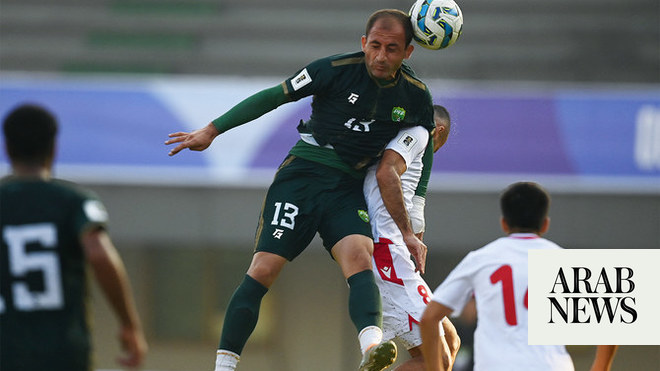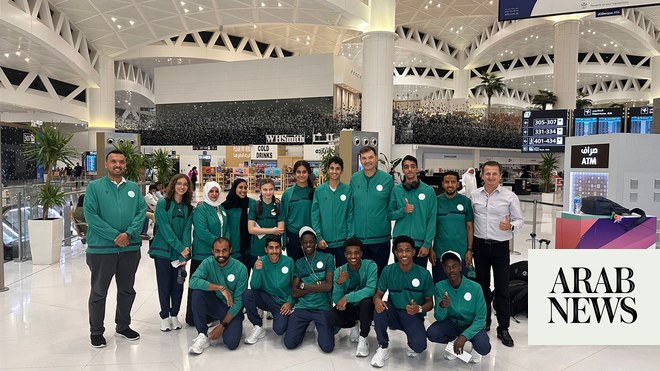
Amid all the political distractions about the Russian World Cup, the concerns about racism and other issues the actual football has been overlooked. Only one World Cup host, South Africa in 2010, has ever failed to make it through the group stage, but Russia could easily become the second.
Guus Hiddink’s side were one of the revelations of Euro 2008, but their decline since has been precipitous, and there is a sense that Russia have not moved on in any way from that tournament.
Igor Akinfeev, a wonderful talent as a teenager who, partly because of injury, has never quite fulfilled his potential, is still in goal while, more remarkably, the center-back Sergei Ignashevich is in Stanislav Cherchesov’s provisional squad despite being 38. He and his CSKA teammates, the twins Aleksei and Vasili Berezutsky, now 35, had both retired after failing to qualify for Euro 2016, but a spate of injuries at the back have led Ignashevich to make himself available again.
Cherchesov, reviewing the wreckage of the 2016 qualifiers, when Leonid Slutsky was unable to inspire a recovery after a disastrous start under Fabio Capello, had no sooner announced he would abandon the back four for a back three when he began to lose central defenders. Georgy Dzhikiya and Viktor Vasin both tore knee ligaments, while Ruslan Kambolov withdrew from the squad earlier this month, seemingly because of a calf injury, although a doping investigation into him was dropped in April.
Another ghost of 2008 haunts the midfield. Back then, Igor Denisov was 24 and looked one of the best young holding players in the game. But his habit of falling out with managers and teammates saw him bounce from club to club and, although Capello made him captain, Cherchesov will not consider him following a major row while both were at Dynamo in 2015.
That leaves Russia without an obvious choice at the back of midfield. Cherchesov has tended to use Denis Glushakov there, although he is more of a box-to-box player. As his form declined in the spring, he is only on the provisional list anyway. That means the 25-year-old Zenit midfielder Daler Kuzyayev is likely to be used at the base of midfield, although he is far from a specialist.
Another injury has hampered Russia’s attacking preparations, with Dmitry Kombarov also ruled out with a cruciate injury. Fedor Smolov is an obvious selection, and his partner looks like being Artyem Dzyuba, with Cherchesov effectively forced into resolving his differences with the forward, on loan at Arsenal Tula from Zenit, because of a lack of other options.
The injuries, of course, have not helped, but the truth is that Russia’s problems run much deeper than that. Even if Kombarov, Dzhikiya and Vasin were available this not would be a squad that would intimidate anybody. Youth development has stalled and the optimism of 10 years ago has vanished. The downturn is reflected in club results as well: In 2008, Zenit won the Uefa Cup three years after CSKA had won the same competition. No Russia side has so much as made it beyond the quarterfinals since.
There has been nothing in recent friendlies to give reason for optimism. Perhaps home advantage will inspire them, but their problem then is the order of the games. There is huge pressure on that opening match against Saudi Arabia because if they do not get a win, it is hard to see how they could take sufficient points from games against Egypt and Uruguay to make it through.
South Africa at least had the joy of taking the lead in the opening game and hope after a draw against Mexico. Russia could effectively be out after 90 minutes.












